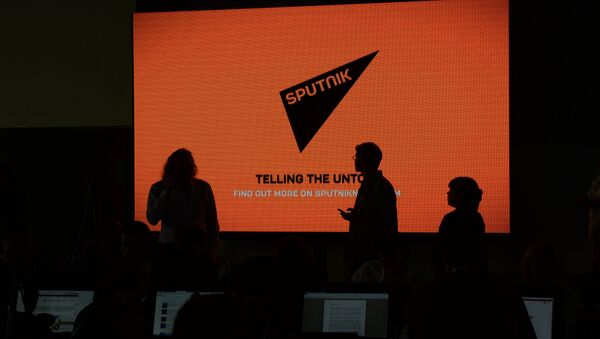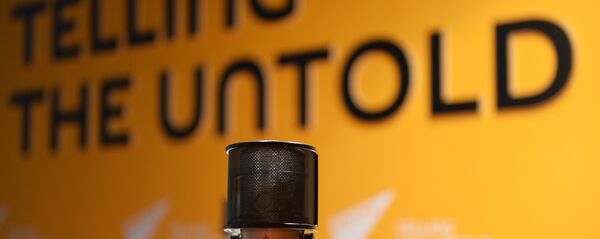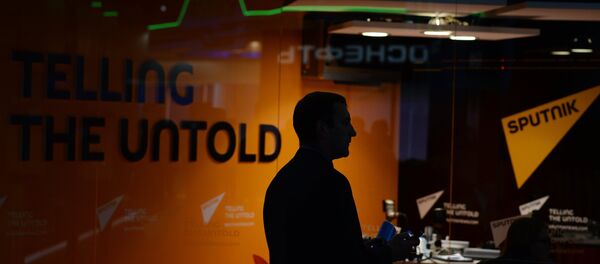“I personally agree more with the minority state that was opposing it. I think its breeding more friction. It actually put Russia in the same grouping as Daesh, unfortunately its excelled in vote but I find it more comical than anything else. But it’s a dangerous direction,” Rasmussen said.
He further said that the western elite needs to take a very serious look at themselves and the western main stream media needs to look at themselves as well.
“This is basically an organized censorship. It is controlling what information is being given out to the public and I think it’s a very dangerous direction to go,” he said.
He further said that the current situation in the Middle East is a known fact that the initiative that created the refugee crisis was NATO.
“Now the leaders from across the European Union and the US together with their political elite are falling and losing trust from their own people so they are dangerously lashing out.”
Talking about the Russian media outlets, Rasmussen said, “The news that I have seen is reporting quite fairly and providing multiple perspectives and I don’t see it as a cause for that.”
He said that this could potentially lead to establishment of organizations that will monitor news, control finances like the situation of RT in UK when the government bank stopped financing the channel.
“This legislature essentially provides framework for censorship,” the vice president of Eurasia Center said.
Couso said that as a former journalist, he is seriously worried about his colleagues because it is not just an attack on freedom of speech but also a physical threat.
“This resolution reminds of the Cold War time and that is oppressive. The main victims of this resolution are the EU citizens who want to be more informed about world events. Their opportunity to obtain alternative information other than the ‘approved’ Brussels information is being taken away,” Couso said.
Talking about the resolution he said that despite the fact that this resolution may not materialize among the EU member states, its consequences for Russia will be negative.
“The fact is that its adoption will serve as another argument for those who do not cease to persuade the EU citizens about dangers of Russia, which in the text of the document is placed on par with the Islamic state [Daesh]. This further undermines the trust between Moscow and Brussels,” the EU parliament member concluded.




